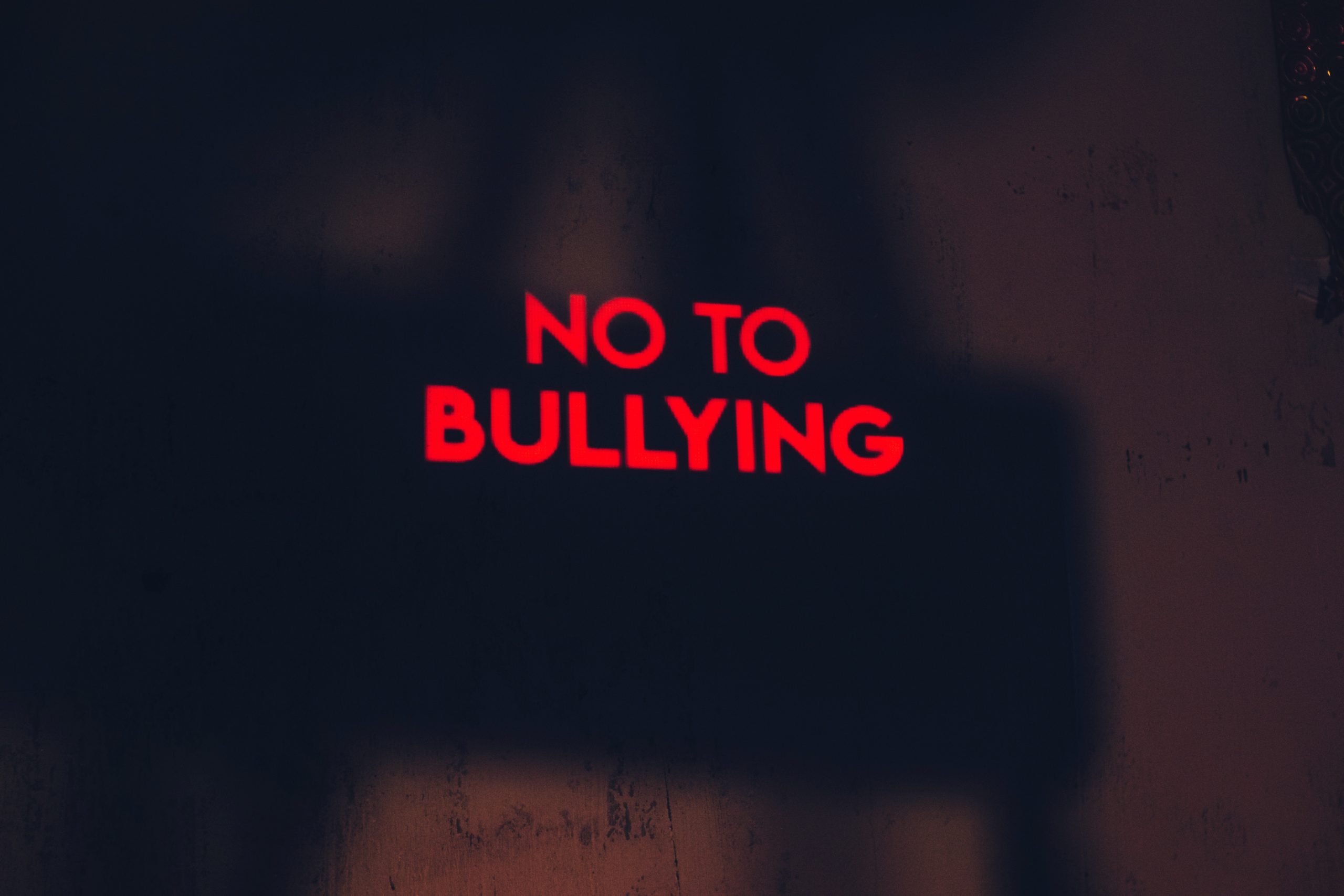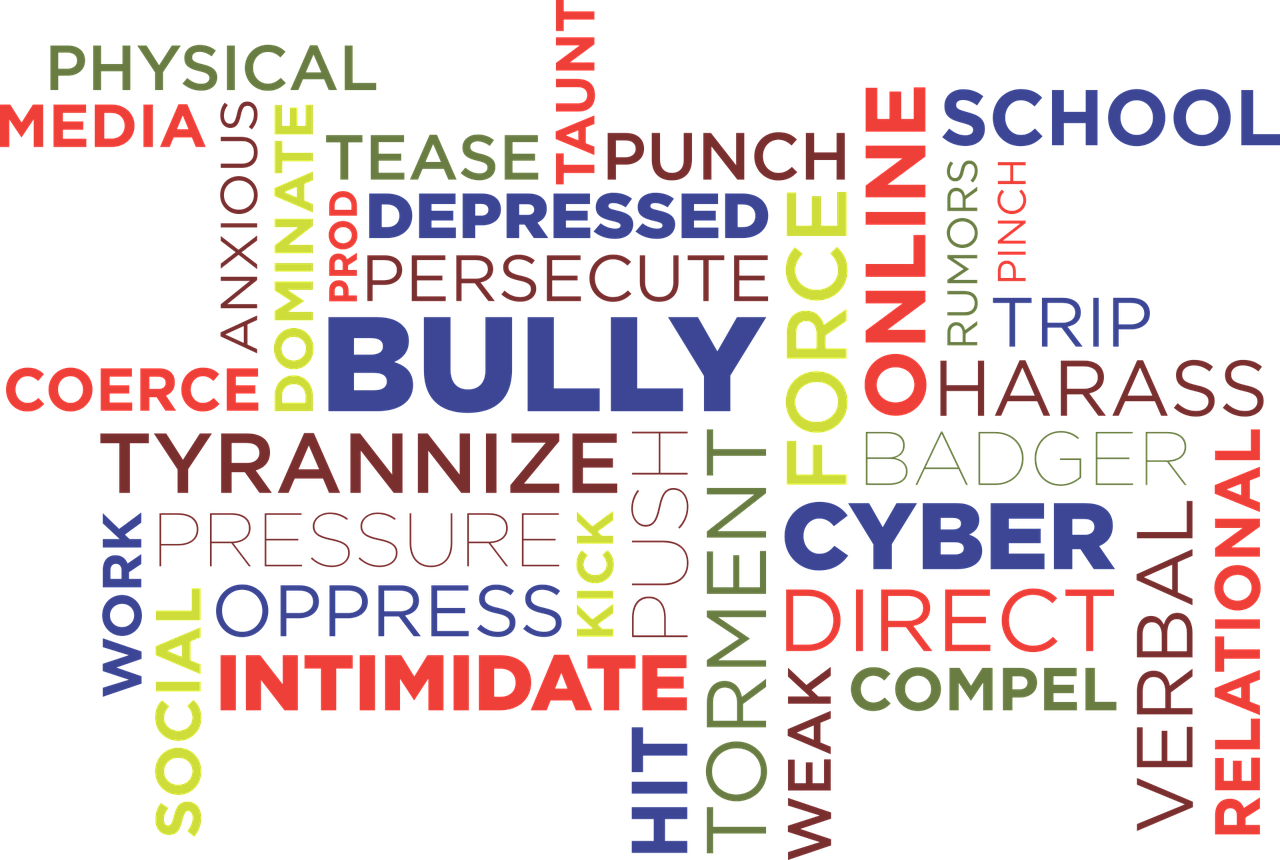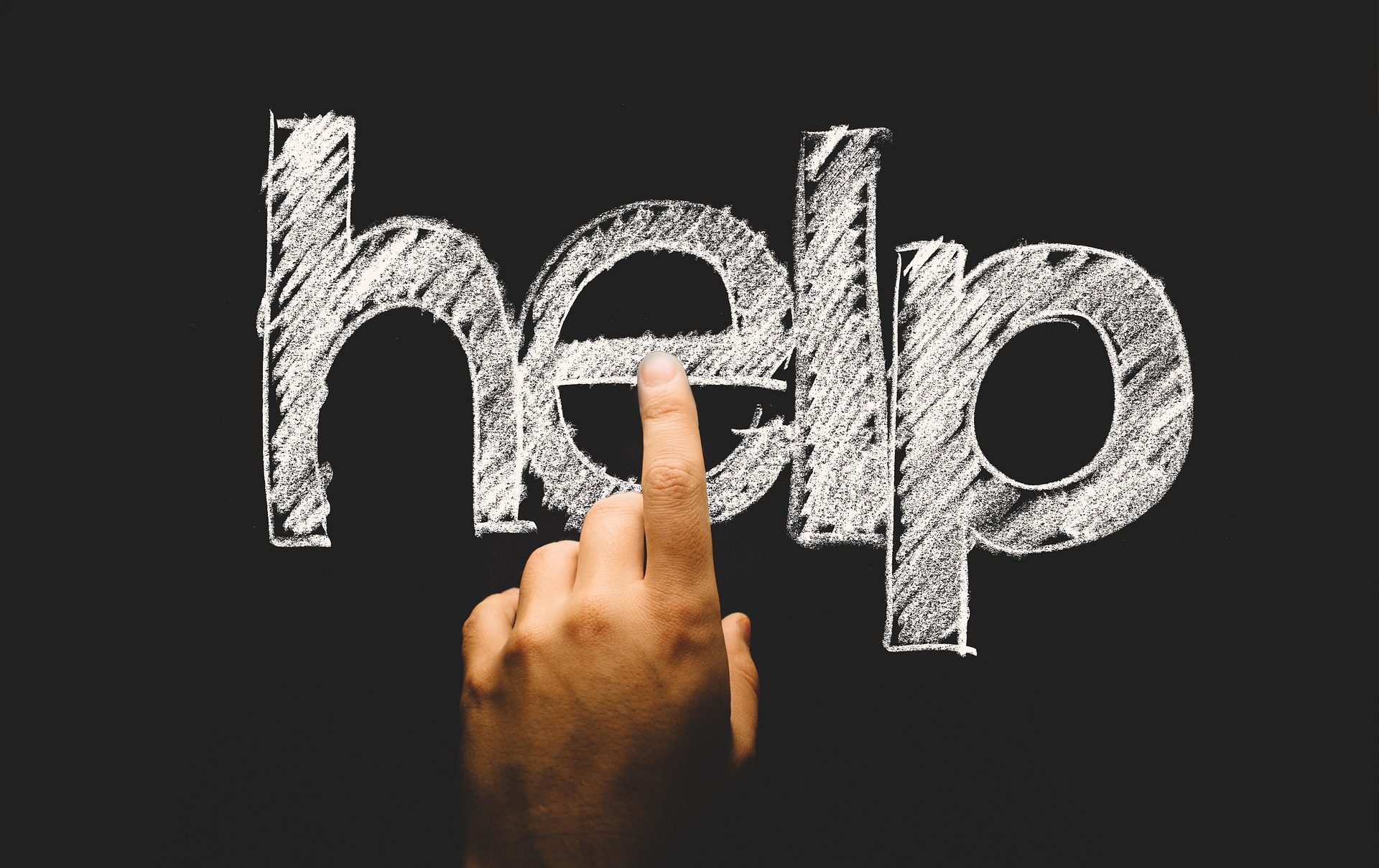Bullying may be a source of unhappiness and anxiety during student life.
It is a subject that is frequently discussed by health specialists, but above all by young people who are victims or witnesses of such behavior:. “Nearly one in three students (32%) has been bullied by their peers at least once in the past month” (UNESCO, 2019, p.7).
There may be many causes for harassment: a person’s origin, social background, religion, cultural difference, sexual orientation, appearance, or disability.
Repeated harassment can have a serious physical and emotional impact on the life of a person.
The importance of this phenomenon is often underestimated: it affects not only the harassers and the harassed, but also other students, who do not actively participate in the harassment, but who enable it by remaining silent. Conversely, collective support and community values such as solidarity and social justice can alleviate the feelings of isolation and anxiety of the harassed student.
 Definition & Examples
Definition & Examples 
What is bullying?
There are several widely recognized definitions of the term “bullying”:
“Bullying is the repetitive, intentional hurting of one person or group by another person or group, where the relationship involves an imbalance of power. It can happen face to face or online” (Anti Bullying Alliance [ABA], 2022, para. 2).
All forms of intentional and repeated physical, social, or verbal harassment where the person feels vulnerable and not able to defend him/herself are examples of bullying:
Repeated public humiliation, gossip, targeted jokes, mockery or banter;
Social exclusion;
Insulting someone about his/her sexuality, sharing intimate images, making repeated inappropriate remarks
 What is cyberbullying?
What is cyberbullying? 
This can include excluding someone out of a group on purpose, encouraging others not to be friends with them, spreading rumors and gossip, humiliating someone in front of others, and constantly making someone the butt of their jokes.
All forms of bullying that take place online, using electronic forms of communication, social networks to spread negative comments, fake rumors, post embarrassing photos etc.
-
Often people who are harassed electronically have already been harassed in real life
-
On the net the attack can be taken up by a wide range of people including strangers much more quickly and easily
 What is not considered “bullying”?
What is not considered “bullying”? 
“Single incidents and conflict or fights between equals, whether in person or online, are not defined as bullying.” (National Centre Against Bullying [NCAB], 2022, para. 4).
Professional constraints, difficult studies or complicated work relationships can be the cause of great distress for a person. However, if the behaviour is not repeated and deliberate with the aim of hurting someone then it is not counted as bullying.
 Impact of bullying
Impact of bullying 
Being subjected to bullying can generate stress and anxiety. Students can feel trapped, sometimes unable to break out of this vicious cycle which can end up isolating the victim.
Bullying usually has a negative impact on studies and can lead to a lack of self-esteem and trust in others. The level of distress it can create is considerable, as the harassed person is often extremely uncomfortable reporting this kind of behavior.
 What to do if you are being bullied?
What to do if you are being bullied? 
Follow this advice adapted from the UK National Health Service (NHS, 2019):
Stay calm
Recognise that criticism or personal remarks are not connected to your abilities. They reflect the bully’s own weaknesses and are meant to intimidate and control you. Stay calm, and do not be tempted to explain your behaviour. Ask them to explain theirs.
Talk to the bully
The bullying may not be deliberate. If you can, talk to the person in question as they may not realise how their behaviour has affected you. Work out what to say beforehand. Describe what’s been happening and why you object to it. Stay calm and be polite. Try to talk calmly to the person who’s bullying you and tell them that you find their behaviour unacceptable. Often, bullies retreat from people who stand up to them. If necessary, have a colleague with you when you do this. If you do not want to talk to them yourself, ask someone else to do it for you.
Keep a diary
This is known as a contemporaneous record. It will be very useful if you decide to take action at a later stage. Keep record and evidence of what happened: what? who? when? it can be texts, mail, photos.
Make a formal complaint
Making a formal complaint is the next step if you cannot solve the problem informally. To do this, you should contact someone in authority at GIHE.
GIHE is committed to providing a safe learning environment conducive to the development of its students during their university career. If you are experiencing one or more of the situations described above speak to someone now.
You could:
Contact your local health and well-being department
Glion campus: Healthadvisor.glion@glion.edu.
Bulle campus: Healthadvisor.bulle@glion.edu
London: london.studentaffairs@glion.edu or healthandwellbeing@roehampton.ac.uk
Contact campus security
Glion campus: security.glion@glion.edu
+41 79 211 14 00
Bulle campus: security.bulle@glion.edu
+41 79 773 90 28
London: london.studentaffairs@glion.edu or Roehampton.Security@roehampton.ac.uk
Discuss with a trusted friend who could help you to contact the appropriate support
Speak to a trusted GIHE faculty or staff member
Speak to a trusted member of your family
 Protect yourself against cyberbullying
Protect yourself against cyberbullying 
-
Always think about what you post. Be kind to others
-
Keep your password a secret from others
-
Control your Privacy settings
-
Save the evidence
-
Delete the post/comment, block the harasser, and report it
-
Talk to someone you trust about any messages you get or things you see online that make you sad or scared.
 What to do if you witness bullying
What to do if you witness bullying 
You should report the behaviour immediately.
Health advisors:
Glion campus: Healthadvisor.glion@glion.edu.
Bulle campus: Healthadvisor.bulle@glion.edu
GIHE UK: london.studentaffairs@glion.edu or healthandwellbeing@roehampton.ac.uk
Academic management:
Glion Practical Arts: practical.arts@glion.edu
Bulle Undergraduate program: bulle.undergraduateprogram@glion.edu
Masters programs:
 Final advice
Final advice 
-
It is important not to remain passive and to have the means to react, whether you are being bullied or you witness someone else being bullied.
-
Despite what happens or how you feel, take care of yourself. Surround yourself with people you like and trust, do activities you enjoy. Sleep and eat well. Exercise regularly.
-
Be supportive of others, do not tolerate abusive behavior and be visible.
 References
References 
Anti-Bullying Alliance (ABA). (2022). Our definition of bullying. https://anti-bullyingalliance.org.uk/tools-information/all-about-bullying/understanding-bullying/definition
National Centre Against Bullying (NCAB). (2022). Definition of bullying. https://www.ncab.org.au/bullying-advice/bullying-for-parents/definition-of-bullying/
UNESCO (2019). Behind the numbers: Ending school violence and bullying. https://unesdoc.unesco.org/ark:/48223/pf0000366483
 Further resources
Further resources 
Anti-Defamation League. (2022). Bullying and cyberbullying prevention strategies and resources. https://www.adl.org/resources/tools-and-strategies/bullying-and-cyberbullying-prevention-strategies-and-resources
Gewin, V. (2021, May 11). How to blow the whistle on an academic bully. Nature, 593, 299-301. https://doi.org/10.1038/d41586-021-01252-z
Stomp out bullying. (2022). Are you being bullied? How to deal with bullies. https://www.stompoutbullying.org/how-to-deal-with-bullies
Young Minds. (2022). A Guide for Young People: Bullying. https://www.youngminds.org.uk/young-person/coping-with-life/bullying/
 Contact us
Contact us 
The Welfare team:
The Learning Support team:













